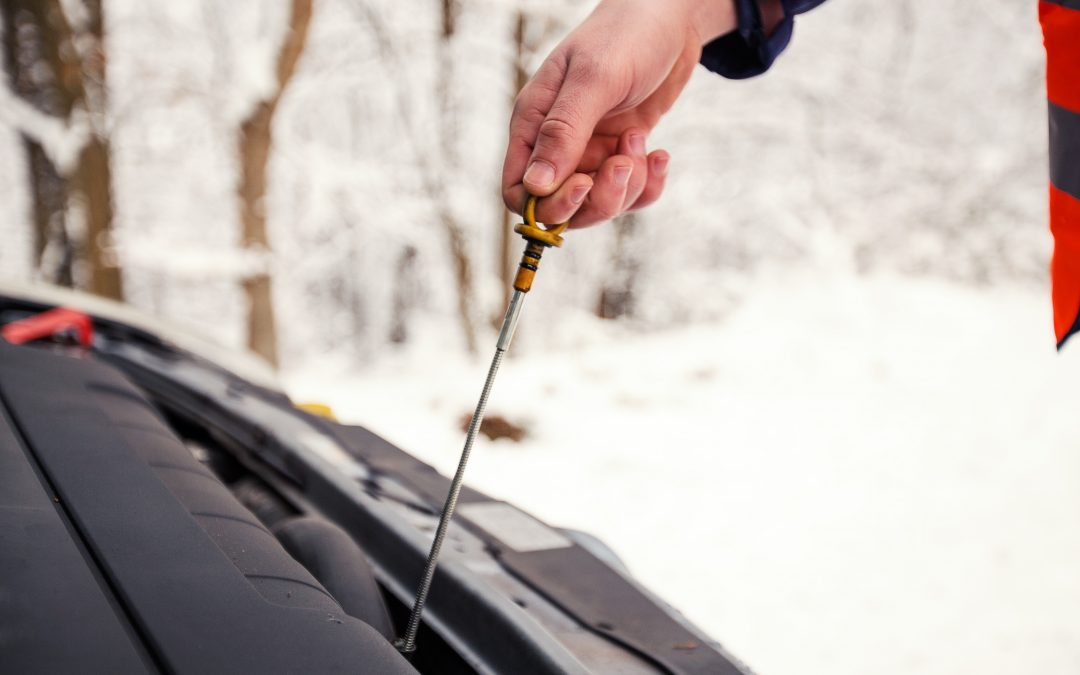Winter weather is on its way. When you wake up to a chilly house, the first thing you do is turn up the heat. Cold mornings make for slow starts. Your car is no different. The viscosity of your car’s lubricants increases as the temperatures decrease. It truly becomes — your car’s lubricants vs. winter weather.
Increased Viscosity
The thickness of fluid is viscosity. The colder the temperature, the more viscous a fluid becomes. Some car fluids are naturally more viscous than others. For example, gear lubes are more viscous than motor oil. The more viscous the fluid, the less efficient is your car’s performance.
Gear Lubrication
Gear lubricants already have a high viscosity. Add cold temperatures, and you’re off to a slow start. It will take more energy for the gears to operate. This will result in reduced fuel economy and poorly distributed lubrication. Synthetic gear lubricants are a good choice for cold-weather driving because synthetic lubricants and oils are less affected by temperature changes.
Motor Oil
The weight of your motor oil will largely depend on your region. It’s best to ask your local automotive specialist. However, here is one suggestion that applies no matter where you live. Change your oil and oil filter as often as recommended by your owner’s manual. Dirty oil will cause increased viscosity in colder temps.
Transmission Fluid
When the temperature drops, transmission fluid thickens. Thicker transmission fluid makes it more difficult for your car to shift gears smoothly. Any inefficiency in your vehicle’s operation will result in decreased fuel economy. Once again, fully synthetic transmission fluids will allay this temperature-related sluggishness.
A winter check up for your vehicle is a must. Give the automotive specialists at Southside Auto Repair a call. Remember, it’s your car’s lubricants vs. winter weather.
Safe Travels!
719.561.1392


Recent Comments